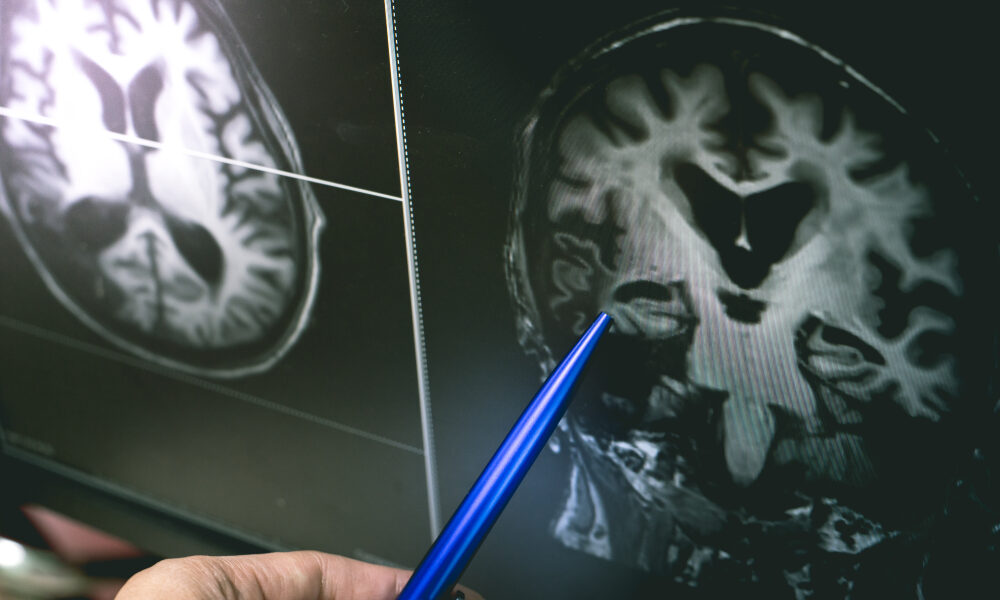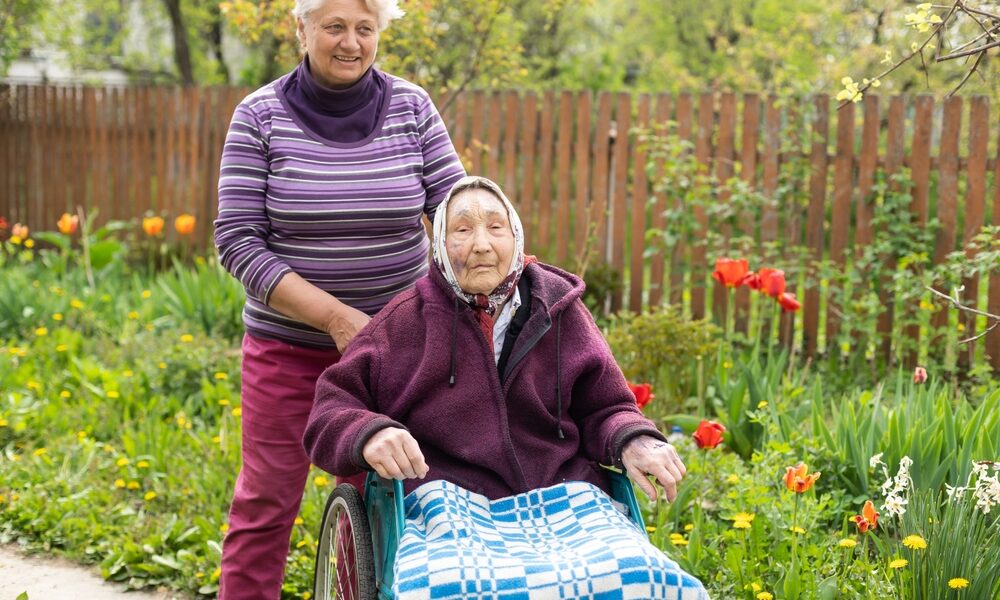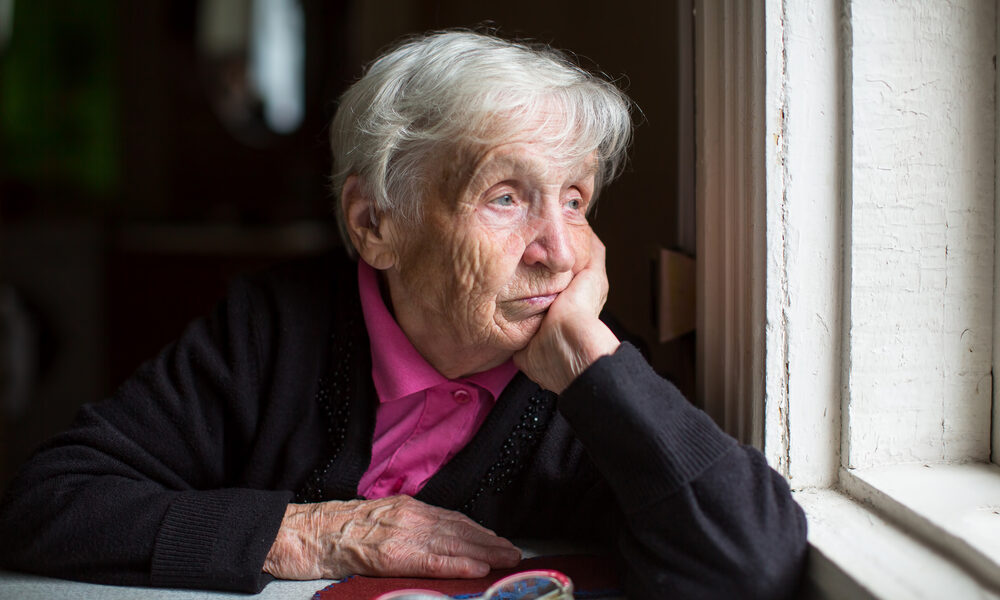Blog
What To Do If Your Loved One With Late-Stage Dementia Isn’t Eating
An estimated 10%-15% of people with dementia experience a decrease in their food and drink consumption at some point while they have the condition. If someone with late-stage dementia is not eating, it is likely a sign of one or more underlying problems. Appetite loss in dementia patients may result from another health condition, lack of physical activity, or the
Delirium vs Dementia: Types and Symptoms of Each
Do you have a loved one suffering from delirium or dementia? It’s important to know the differences, causes, and symptoms of these two conditions so you’re prepared to take care of your loved one. If you are researching the differences between delirium vs. dementia, we have compiled a list of the symptoms and signs you need to be familiar with.
Top 8 Risk Factors for Alzheimer’s Disease
People often wonder if there is a way to reduce their loved one’s chances of developing Alzheimer’s disease. Some risk factors that cause degenerative brain disease can’t be changed, such as an individual’s age, hereditary conditions, and genetics. However, risk factors for Alzheimer’s disease such as lifestyle and wellness can be influenced. Whether it’s more exercise, adding healthy choices to
7 Stages of Alzheimer’s Disease & Ways to Care For a Loved One
What Are the Stages of Vascular Dementia?
Dementia Caregiver Tips: Keeping Family Members Safe at Home
If your loved one has been diagnosed with Alzheimer’s disease or another form of dementia, safety around the home becomes a primary concern. Adapting the home to fit your loved one’s needs helps them stay safe and comfortable. If you’re a dementia caregiver, it’s important to research dementia care tips and take preventative measures in the home to help avoid
How Is Alzheimer’s Disease Diagnosed?
Whether or not your loved one has Alzheimer’s disease, you have probably wondered, “How is Alzheimer’s diagnosed?“ Before diagnosing, a doctor runs several tests to ensure that Alzheimer’s is affecting your loved one. Do you suspect that a family member is showing symptoms of Alzheimer’s but don’t know what to look for? There are several signs you should familiarize yourself
How to Help a Parent With Dementia Who Refuses Help
4 Benefits of Performing Horticultural Therapy for Dementia
Sundowning Symptoms, Risk Factors & Ways to Respond
What Is Sundowning? Individuals with Alzheimer’s disease and other types of dementia can encounter a variety of symptoms at night such as anxiety, insomnia, bewilderment, irritation, and disorientation. This group of symptoms is referred to as Sundowning Syndrome in the healthcare industry. To help you care for a family member with dementia, we have compiled a list of symptoms and









